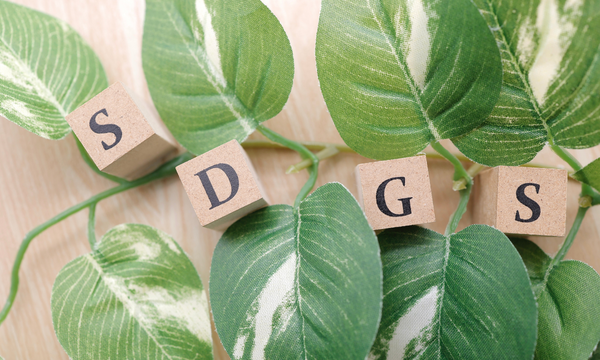
Advancing Sustainable Development Goals through Diplomacy


In 2015, the United Nations adopted the Sustainable Development Goals (SDGs) as a blueprint for creating a better and more sustainable future for all. These goals address a wide range of issues, including poverty, inequality, climate change, and education. Achieving these goals requires collaboration and cooperation on a global scale, and diplomacy plays a critical role in advancing them.
Diplomacy can be defined as the art of negotiating and managing relationships between different countries, international organizations, and other stakeholders. It involves finding common ground, building trust, and working towards mutually beneficial outcomes. In the context of sustainable development, diplomacy plays a crucial role in promoting international cooperation and mobilizing resources to achieve the SDGs.
One of the key roles of diplomacy in advancing sustainable development goals is facilitating partnerships and collaboration between different stakeholders. Governments, civil society organizations, businesses, and international organizations all have a role to play in achieving the SDGs, and effective diplomacy can bring these actors together to work towards a common goal. Diplomatic efforts can also encourage the sharing of knowledge, best practices, and resources, which can lead to more efficient and effective solutions to complex problems.
Another important role of diplomacy in advancing the SDGs is promoting international accountability and monitoring progress towards these goals. Diplomatic efforts can help to ensure that countries are held accountable for the commitments they make to the SDGs and that progress is monitored and reported on a regular basis. Diplomatic efforts can also encourage countries to set ambitious targets and work towards achieving them.
One of the biggest challenges in advancing sustainable development goals through diplomacy is balancing different priorities and interests. Countries have different levels of development, political systems, and cultural backgrounds, and these differences can lead to disagreements and conflicts. Diplomacy plays an important role in navigating these differences, finding common ground, and working towards mutually beneficial outcomes.
The success of diplomacy in advancing sustainable development goals also depends on the ability of different stakeholders to engage in constructive dialogue and negotiation. This requires effective communication, active listening, and a willingness to compromise. It also requires a recognition of the interdependence of different countries and the need to work together to address global challenges.
The role of diplomacy in advancing sustainable development goals is critical. Diplomatic efforts can facilitate partnerships and collaboration, promote international accountability and monitoring, and help to navigate differences and find common ground. As the world continues to face complex and interconnected challenges, diplomacy will be essential in promoting a more sustainable and equitable future for all.

